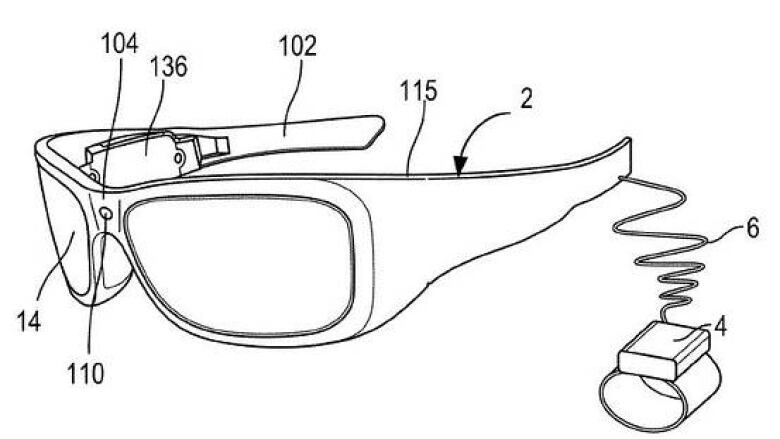Microsoft is developing eyeglasses that detect emotions in others
Question remains whether it will ever become commercial product

Microsoft hasreceived a patent to develop eyeglasses that could allow us to see what other people are thinking or feeling bysensing theiremotions.
The patent is for what the technology giant calls "a wearable emotion detection feedback system."
"Basically it's a pair of glasses that can tell whether the people around you are happy or sad, friendly or unfriendly, excited or calm just by looking at them" said On The Coast technology expert Dan Misener.
The emotion-sensing glasses also claim to be able to tell if someone is flirting.
The spectacles are regular see-through glasses that have cameras and microphones built into them.
When you're looking at someone, the sensors measure the person's facial features and where their eyes are focussed, while the microphone measures speech patterns and rhythm.
That information is then sent to Microsoft in real time, and compared against databases of facial and audio patterns.
Microsoft's servers then crunch the data, and send back an analysis to whoever iswearing the glasses.
"To be clear, this is a patent application," said Misener.
"We don't know if this will turn into a product that you or I could go out and buy in the store. And Microsoft isn't saying."
This type of technology could be helpful for those on the autismspectrum.
But some say it should be approached with caution.
"Technology companies who are working in this area really need to consider the context of what they're putting out thereand what is the need and theemotionalstate of the person who is using it," said Scott Smith, a futurist with the research and consulting group Changeist.












_(720p).jpg)


 OFFICIAL HD MUSIC VIDEO.jpg)
.jpg)



























































































